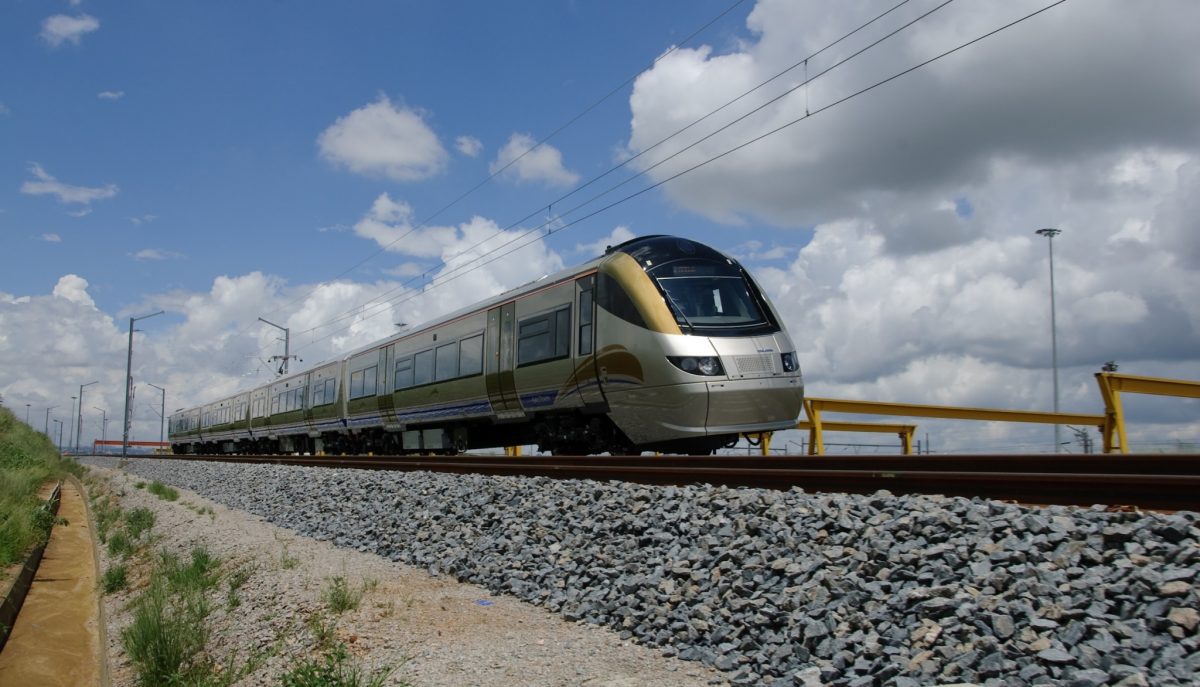The African Union (AU) saw the introduction of the African Business Council (AfBC) through the delivery of a Side Event held on the margins of the 2020 African Industrialization Week (AIW). The Side Event which focused on the ‘Introduction of the AfBC and Its Role in Africa’s Industrialization’ was led by the Interim Chairperson of the AfBC, Dr. Amman Asfour.
In her statement, the Interim Chairperson stated that it has been the collective desire of the AU Commission, the Coalition for Dialogue on Africa (CoDA), and Africa’s private sector stakeholders to see the AfBC become a reality.
She added that “given that the success and operations of the AfCFTA depend heavily on the private sector, its architecture has always made provisions for the establishment of an African Business Council as a necessary continental platform for aggregating and articulating the views of the private sector.”
The Interim Chairperson went on to outline the mission of the AfBC which is to be the premier advocacy platform for private sector cooperation and engagement at the continental level while strengthening economic and investment ties among the business communities of the continent and particularly, ensuring regular inclusive dialogue with the African Union.
As part of its objectives, the council will advocate for the business interests of the African private sector; promote trade, industrialization, and investment in Africa, and between Africa and the rest of the World. In addition to this, it will also support and empower the participation of SMEs, women, and youths in the African and global economy.
The Interim Vice-Chairperson of the AfBC, Eng. Mansur Ahmed was actively present during the event and spoke meticulously on cultivating Partnerships for Africa’s Industrialization. Representing the continent’s private sector, Eng. Ahmed El Sewedy, President and CEO of El Sewedy Electric, and Mr Marday Venketasamy, Chairperson of the COMESA Business Council also spoke on Investing in Africa’s Industrialization and Promoting a conducive Environment for Africa’s Industrialization respectively.
The next key step of the AfBC is its planned interaction with African Ministers responsible for Trade, Investment, and Industry where it will represent Africa’s private sector in engagements on the Start of Trading under the AfCFTA.
As part of the efforts towards establishing the AfBC, several African private sector entities, business associations, and institutions, as well as regional business councils, have been working together under the facilitation of the African Union Commission and the CoDA throughout the year to establish the Council. Throughout the year, various stakeholders held several meetings with the Council and ultimately developed its Constitution as well as an Interim Executive Bureau which will lead it until the holding of its first General Assembly.
In line with its constitution, membership in the AfBC shall be open to national, regional, and continental private sector organizations/associations. The AfBC will serve as a key pillar within the architecture of the AfCFTA by ensuring there is organized interaction between the Pan-African Private Sector and African Policymakers.






